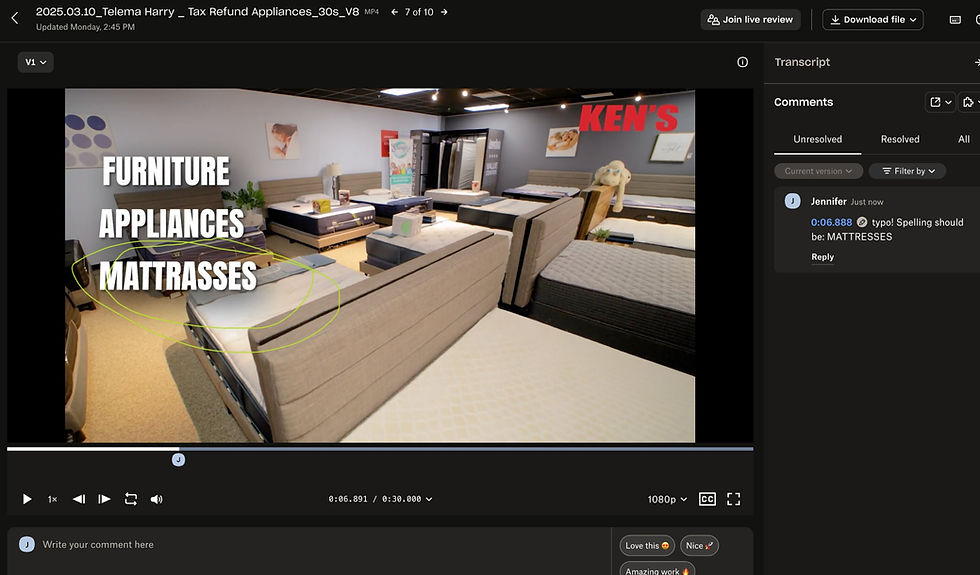From Foe to Friend
- Jennifer Bate
- Apr 26, 2024
- 2 min read
What if I told you that the key to success in this industry lies not in competition, but in collaboration and openness?
I've come to realize that the most valuable lessons I've learned were not taught in classrooms or textbooks. In fact, I think my peers and I were positioned more as adversaries than future colleagues, and taught to prioritize competition. It’s a great feeling to be “the best” designer in the room, but creativity suffers without a safe environment to bounce ideas or make suggestions.
Transparency, generosity, and mutual support are the cornerstones of a thriving professional community. I try to always share my knowledge, skills, and insights openly with up-and-coming designers, rather than hoarding them as closely guarded secrets.
Here are 5 reasons why competition doesn’t work, and fostering a culture of lifting each other up is crucial:
1 - Stifling Creativity and Innovation:
Gatekeeping and cutthroat competitiveness create an environment where designers are more concerned with protecting their knowledge and ideas rather than sharing and collaborating.
When designers are open to sharing skills and ideas, it fosters an environment of collective growth. This environment encourages innovation and pushes the boundaries of what is possible in design.
2 - Limiting Professional Growth:
Designers may be hesitant to seek help or advice from their peers, fearing that it may weaken their position. This can limit their professional growth and development.
By sharing skills and knowledge, designers can learn from each other; accelerating their professional growth. Through collaboration, designers can learn new techniques, gain insights, and improve their skills.
3 - Negatively Impacting Mental Health:
Constantly feeling the pressure to outdo competitors and being engaged in competition can have a severe toll. It can lead to burnout, imposter syndrome, and a host of other mental health issues.
By sharing skills and knowledge, designers can feel a sense of camaraderie and support, which is crucial for maintaining good self-esteem.
4 - Encourages Unethical Practices:
Cutthroat competition can sometimes lead to unethical practices, such as plagiarism or sabotage, in an attempt to gain a competitive edge.
By sharing skills and knowledge, designers can create a culture of professionalism and ethics.
5 - Benefits Clients and Customers:
Ultimately, the clients and customers benefit from a collaborative and supportive design community.
When designers share skills and knowledge, it leads to better design solutions and higher quality work.
It's easy to get caught up in the race for recognition, clients, and opportunities, but I firmly believe that there is enough space in the world for all of us to thrive. Instead of competing for a seat at the table, let’s build our own.





Comments